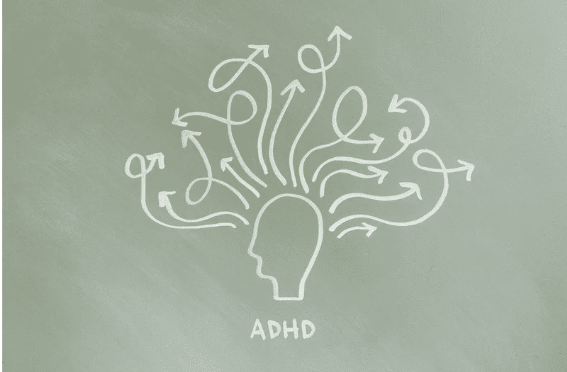Can I Get SSD for ADHD as an Adult?
ADHD isn’t specifically listed in the Social Security Blue Book, but that’s okay. There is a general listing for neurodevelopmental disorders that may be applied. And, meeting a listed condition is just one way of qualifying for Social Security disability (SSD) benefits. A worker can qualify for SSD if they can show that:
- They have accrued sufficient work credits and recent work credits to qualify for SSD benefits, and
- They have a diagnosed medical condition or conditions that are expected to last at least 12 months, and
- The condition or combination of conditions prevents them from engaging in substantial gainful activity (SGA)
Demonstrating Disability Due to ADHD
What is ADHD?
ADHD, or attention-deficit hyperactivity disorder, is a mental health condition that is common in children. According to the Centers for Disease Control and Prevention (CDC), more than 11% of U.S. children between the ages of 3 and 17 have been diagnosed with ADHD. For many people, these symptoms persist into adulthood.
ADHD in adulthood can make it difficult to earn a living, due to symptoms such as:
- Disorganization
- Difficulty prioritizing
- Poor impulse control
- Trouble following through
- Mood swings
- Problems focusing on a task
However, most adults with ADHD can and do work. To receive SSD benefits for ADHD, the applicant will have to show that the condition (or the condition combined with one or more other medical conditions) prevents them from engaging in substantial gainful activity.
Evidence of Disability Due to ADHD
A successful SSD claim for ADHD starts with evidence of an ADHD diagnosis from a qualified psychiatrist or psychologist. This diagnosis should be backed up with the medical professional’s testing results, notes, questionnaires, and records of medications and other treatments attempted or currently in use.
The applicant will also need to show that the symptoms of ADHD are actually impacting their ability to earn a living. Some possible sources of this information include past work records and statements from others in the applicant’s life who witness day-to-day limitations.
To meet the listing criteria for a neurodevelopmental disorder, the applicant must show:
ONE of the following:
- Frequent distractibility, difficulty sustaining attention and difficulty organizing tasks
- Hyperactive and impulsive behaviors
- Significant difficulties learning and using academic skills
- Recurrent motor movement or vocalization
AND extreme limitation of one or marked limitation of two of the following:
- Ability to understand, remember, and apply information
- Capacity to interact with others
- Ability to concentrate, persist, or maintain pace
- Ability to adapt or manage oneself
However, an applicant who doesn’t meet the criteria may still qualify under a more holistic assessment. The best way to get reliable information about pursuing SSD benefits for adult ADHD is to talk to an experienced disability benefits advocate. To get started, call 800-800-3332 or fill out our contact form.







